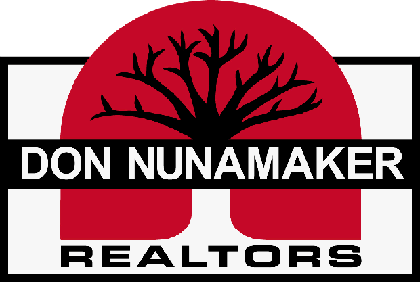Earlier today, I showed a home to a new client, a buyer. After the showing, they let me know that they had been working with another agent previously to see homes, and they even placed an offer on a home with that agent. Unfortunately, they were unhappy with that agent’s service and decided to explore the services of others – others being myself.
I appreciated their honesty. Their letting me know about their previous negative experience was great information for my creating a positive one for them this time around. For this same reason, it’s important for you to be honest about your real estate experiences, no matter the reason. Sometimes, it’s merely a personality conflict, but other times, it can be important issues, so it’s important to determine what went wrong.
If you’re ever in the unfortunate situation of needing to fire your real estate agent, here’s how to handle it:
1. Ask Yourself Why You Want to Leave Your Real Estate Agent
First of all, ask yourself why you are unhappy with the service being provided, and make sure it’s a valid concern. If it’s something that is out of the agent’s control, such as market conditions, scheduling conflicts, or incorrect listing information for example, you will likely run into the same problems with another agent. If it’s due to a reason that is in their control though, such as lack of professionalism, inattention to needs, or little to no knowledge of the area, then it’s probably time for an upgrade.
2. Communicate with Your Former Agent
Although it may be uncomfortable, you should really inform your former agent that they are now, well, former. Real estate agents invest a lot of time in their clients, and you don’t want them investing any more time if it’s not going to result in a paycheck. Additionally, it’s important to communicate why you’re moving on, not only so you can get a little closure with whatever’s got you miffed, but also so they can learn from their mistakes and become a better agent.
3. Start with Honesty for a Great New Agent
This time around, hopefully, you’ve done your research, and your second pick for real estate agent will be much better. Start this relationship off right by communicating your concerns about your past agent as well as your needs and priorities moving forward. This will help your new agent avoid those same missteps and get you on the same page. There may even be future situations in which your new agent and your old agent must deal with each other, so your information can likewise be helpful in this situation.
If you currently find yourself needing to upgrade when it comes to agents, don’t waste time. Contact me, real estate agent Jenelle McCleary, to find Gorge homes that meet your needs, and let’s start our real estate relationship off on the right foot!



